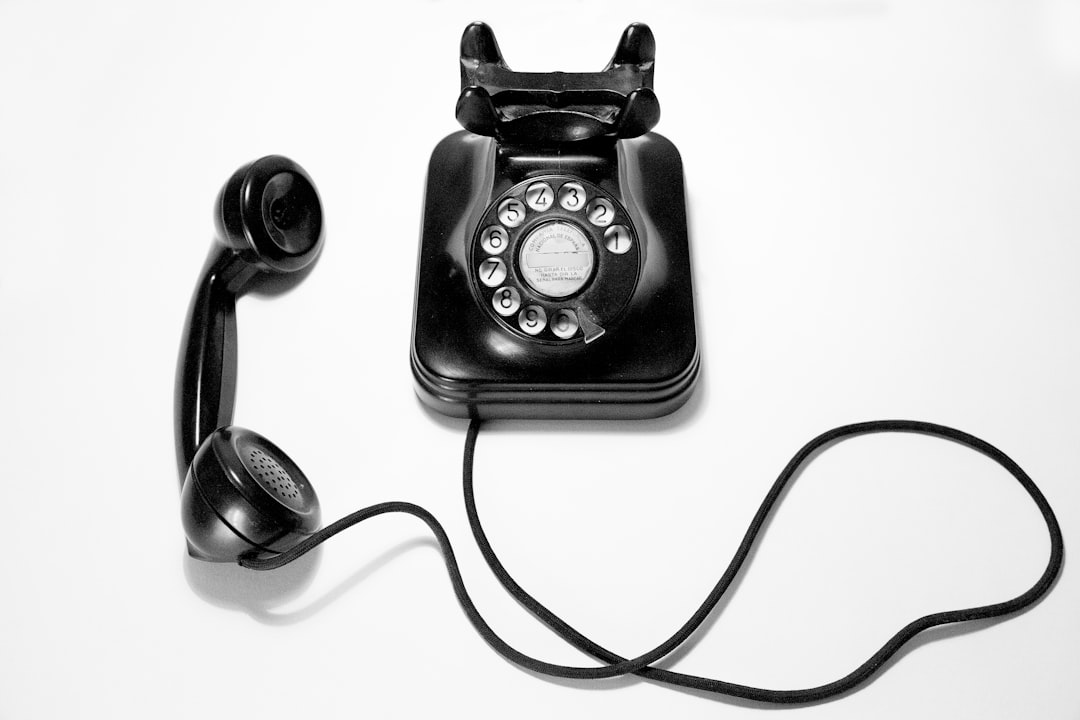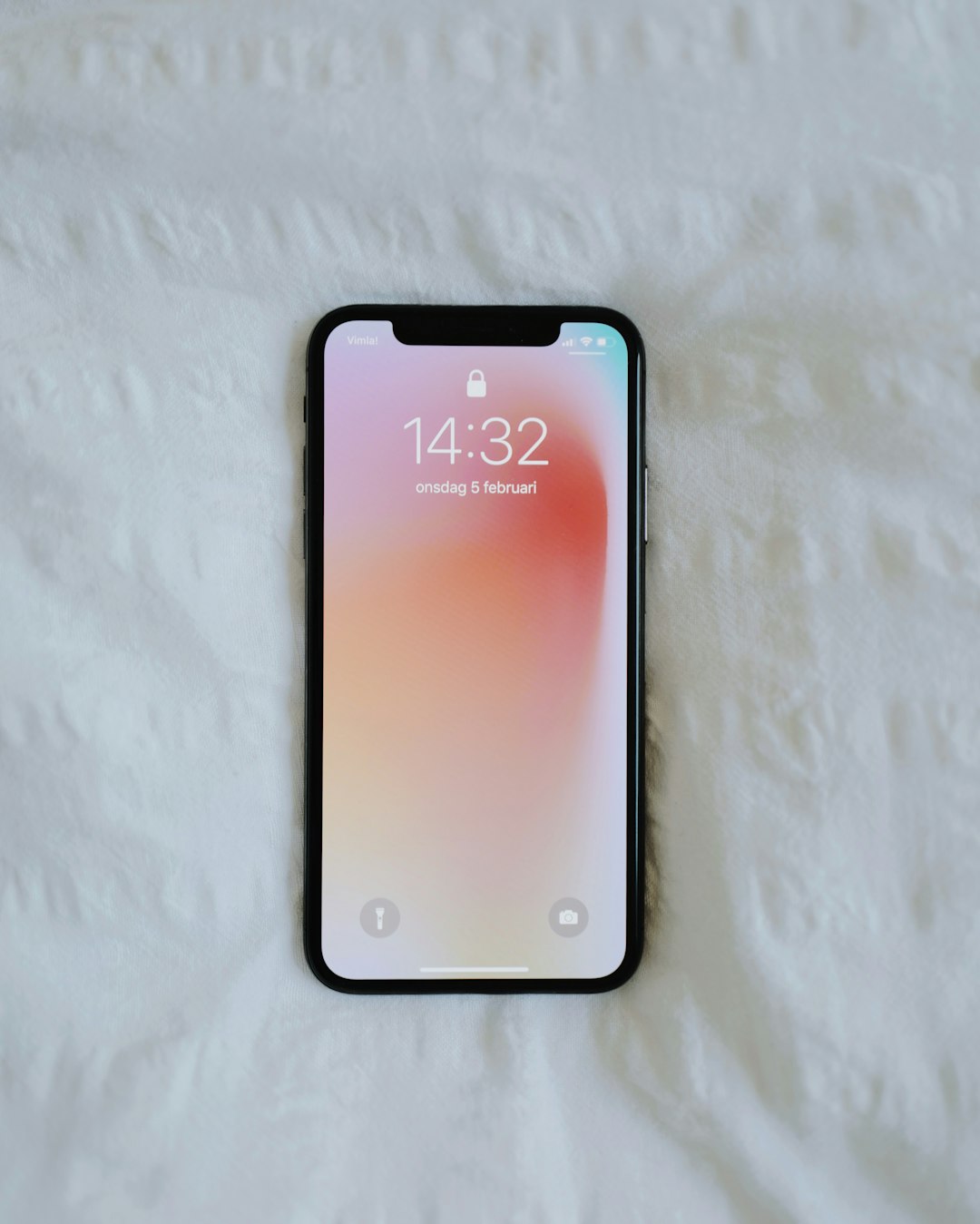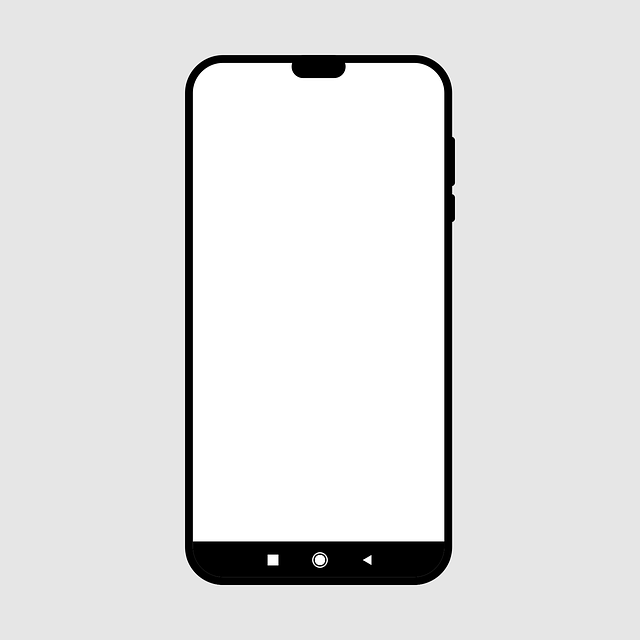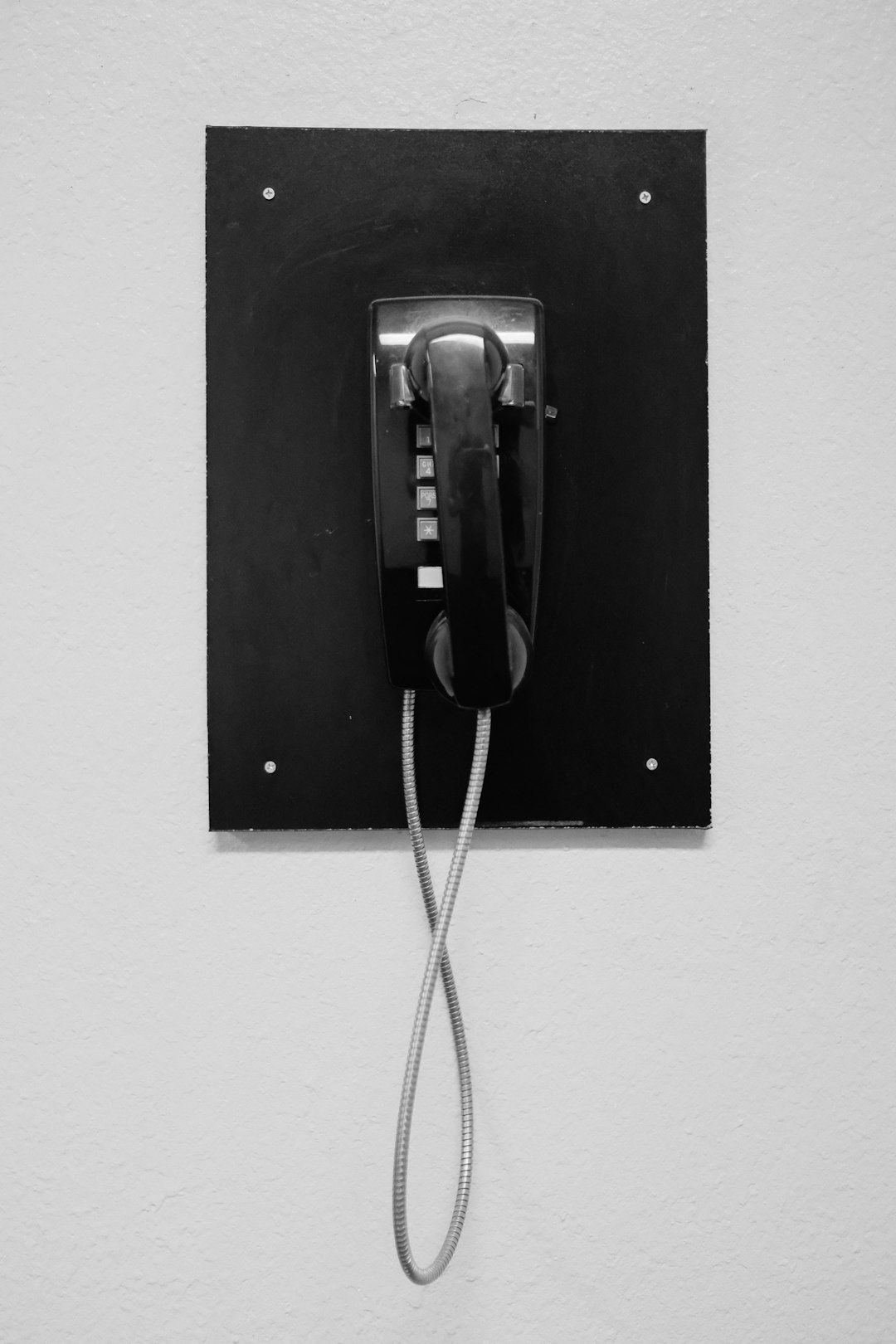Robocalls in New York are regulated by the TCPA and state laws to protect consumers from unsolicited marketing calls. Businesses using autodialers must obtain explicit consent, adhere to do-not-call lists, and provide opt-out options to avoid hefty fines. An autodialer attorney in New York ensures compliance, advises on consent, and helps manage consumer complaints, demonstrating a commitment to legal adherence and customer satisfaction.
Navigating consumer complaints about robocalls in New York requires a deep understanding of state regulations and legal implications, especially concerning autodialers. As an autodialer attorney in New York, responding effectively involves balancing customer satisfaction with compliance. This article delves into the key aspects: decoding New York’s robocall rules, grasping the legal perils of unauthorized autodialing, and implementing strategies to craft compelling responses that resolve issues while upholding regulatory integrity.
Understanding Robocall Regulations in New York

In New York, robocalls are regulated by the Telephone Consumer Protection Act (TCPA) and related state laws. These regulations aim to protect consumers from unsolicited phone marketing calls, including those made using an autodialer. An autodialer attorney in New York can help businesses navigate these complex laws. Businesses must obtain explicit consent from recipients before making automated calls, ensuring they comply with do-not-call lists and providing clear opt-out mechanisms. Non-compliance can result in substantial fines, so it’s crucial to have robust procedures in place.
Legal Implications for Autodialer Usage

Using an autodialer for robocalls can have significant legal implications, especially in New York where consumer protection laws are stringent. If an autodialer is employed without proper authorization or in violation of federal and state regulations, businesses could face substantial fines and lawsuits. In New York, the Telephone Consumer Protection Act (TCPA) prohibits automated phone systems from making calls to individuals unless certain conditions are met, such as prior express consent.
An autodialer attorney in New York can help businesses navigate these complex legalities. They ensure compliance with TCPA guidelines, providing advice on obtaining valid consents and implementing practices that minimize the risk of consumer complaints. Businesses should also be aware of the ‘do not call’ lists and honor requests to stop calling, as persistent robocalls despite such requests can lead to severe legal consequences.
Crafting Effective Responses: Strategies for Success

When responding to consumer complaints about robocalls in New York, crafting effective responses is key to diffusing tension and maintaining your company’s reputation. A successful response should acknowledge the customer’s frustration, express empathy, and clearly communicate the steps taken or intended to address the issue. Using simple, clear language, avoid legal jargon as much as possible to ensure the consumer understands your explanation.
One effective strategy is to involve an autodialer attorney in New York who specializes in telemarketing laws. They can provide insights into whether the robocall violated any regulations and guide you on the best course of action. This not only demonstrates a commitment to resolving the issue but also shows that your company takes compliance seriously. Additionally, offering proactive solutions, such as adding the consumer to a do-not-call list or providing resources for blocking future unwanted calls, can enhance the response’s effectiveness.






